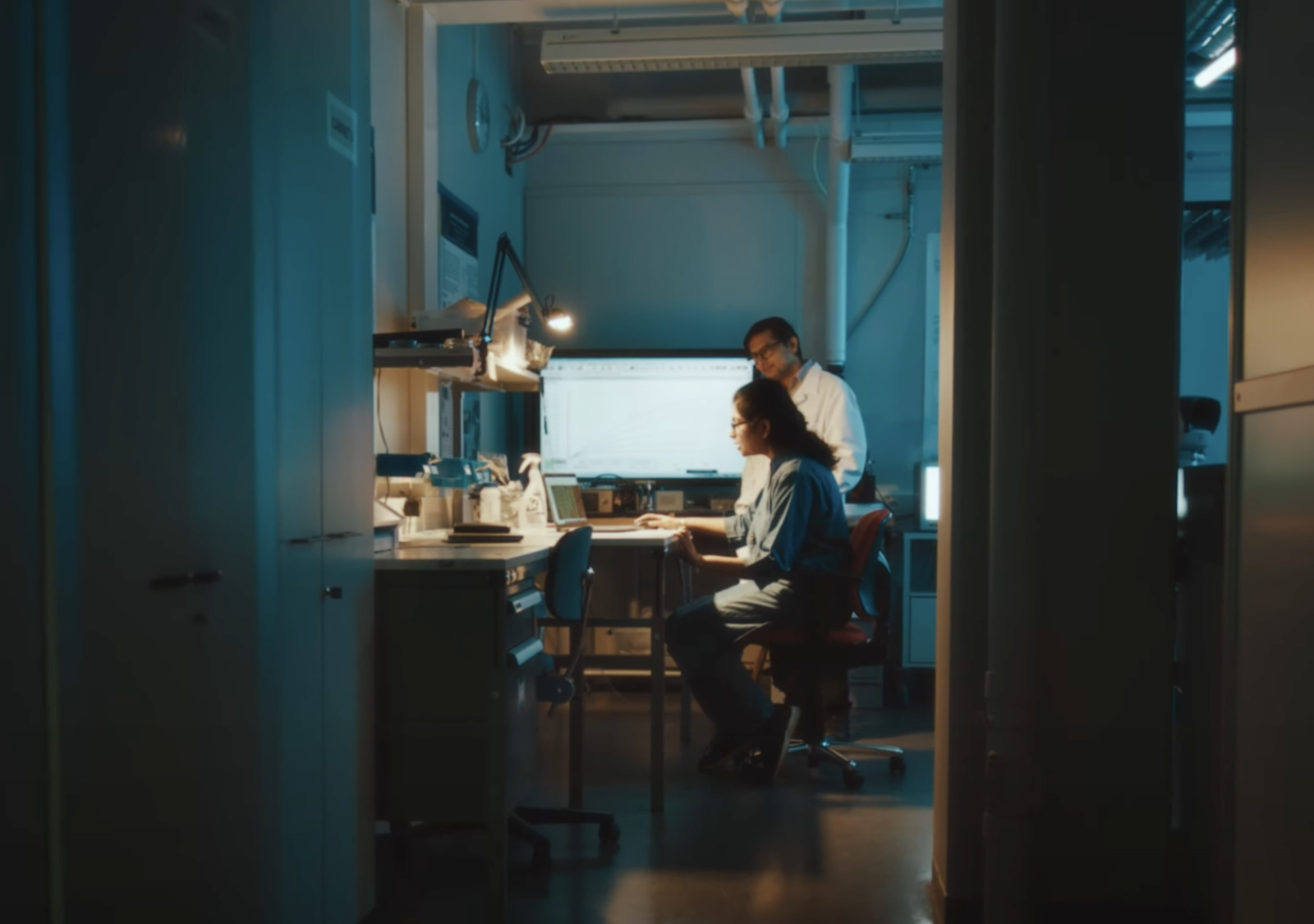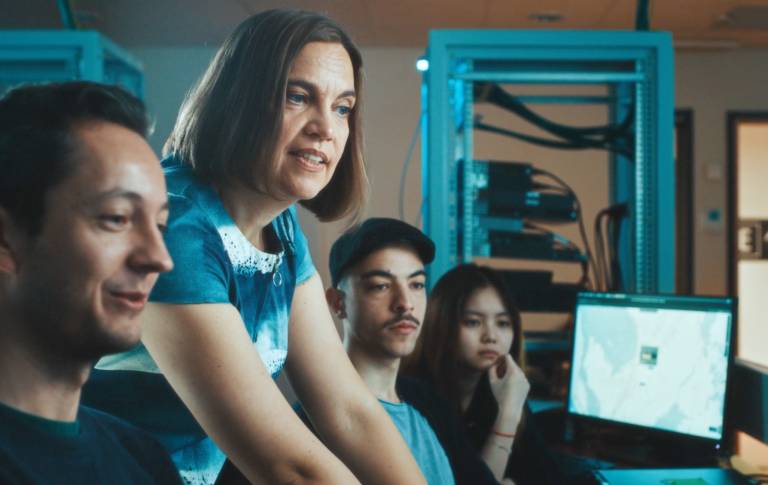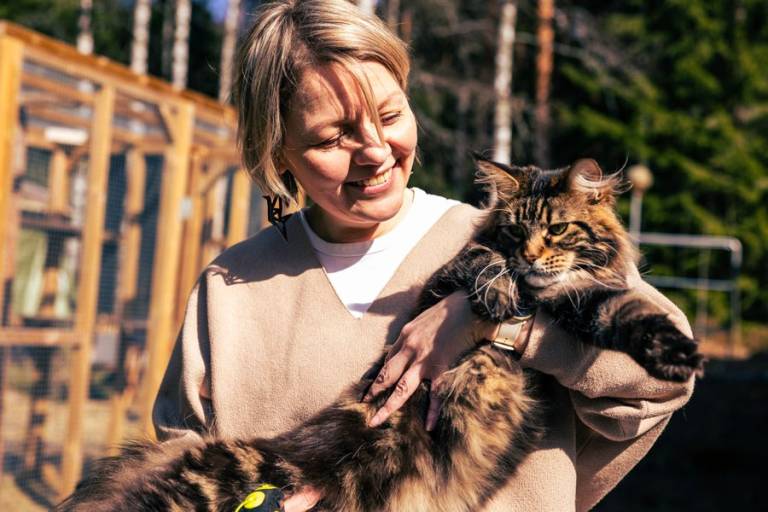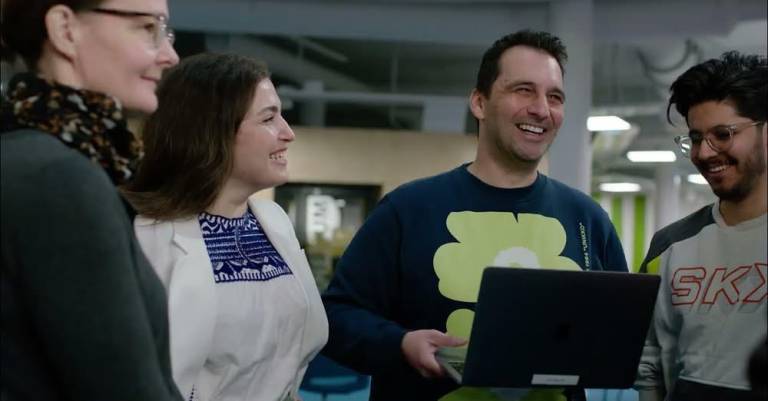Johtoryhmän kokouksessa on ensimmäisenä Hyvä hallinto -tietoisku. Vierailijoina ovat asiantuntija Salla Tenho ja Kirsi Reiman (johtava asiantuntija, Yliopiston turvallisuus ja valmiustoiminta, yliopiston työsuojelupäällikkö). Riskienhallinnasta löytyy lisää intrasta.
Yliopiston hyvän hallinnon periaatteet kokoavat yhteen yhteisön käytänteet hyvän hallintotavan mukaisesta toiminnasta. Periaatteet kuvaavat, millaista toimintaa yliopistolta ja sen jäseniltä sekä yhteistyökumppaneilta odotetaan. Hyvän hallinnon periaatteiden tavoitteena on saada yhteisössämme olevat hyvät käytännöt koko yhteisön käyttöön sekä helpottaa ohjeiden löydettävyyttä. Yhteisten periaatteiden avulla yliopisto viestii myös ulkoisille sidosryhmilleen noudattavansa hyvän hallinnon periaatteita kaikessa toiminnassaan. Hyvän hallinnon periaatteet löytyvät intrasta.
Professoreiden tutkimuskausihaku 2024 on ollut auki. Haussa saapui kaksi hakemusta: tutkimuskausille jäävät tietotekniikan yksikön Veikko Surakka ja viestintätieteiden yksikön Sirkku Kotilainen.
Kolmantena aiheena oli IT-laitteiden omaehtoisen tilaamisen pilotin siirtyminen nyt tuotantoon ja kaikkien käyttöön. Tietohallintojohtajan Pekka Kähkipuro on lähettänyt aiheesta pyynnön kommentoida asiaa. Tietohallinto on kehittänyt IT-laitteiden tilaamisen prosessia ja on pilotoinut laajemman laitetarjoaman tilaamisen mahdollisuutta kolmessa tiedekunnassa ja palveluyksiköissä. Viime kesästä alkaen BEN, ENS JA MET tiedekuntien henkilökuntaan kuuluva on voinut valita työhönsä parhaiten sopivan tietokoneen seitsemästä vaihtoehdosta nykyisen kolmen sijaan. Myös puhelimista on ollut tarjolla laajempi valikoima. Lokakuussa mukaan pilottiin liittyivät yliopiston palveluyksiköt. Pilotin tulokset ovat rohkaisevia. Tilattavien tietokoneiden kustannustaso ei ole muuttunut ja samalla tavoite IT-vastuuhenkilöiden työkuorman vähentämisestä on toteutunut. Pilotista ja sen sujuvuudesta on käyty keskustelua syyskuun ja tammikuun IT-vastuuhenkilöinfossa: yleisesti toivottiin sekä käytännön jatkamista että laajemman laitetarjooman mahdollisuutta kaikille yksiköille.
Tietohallinto ehdottaa siirtymistä pilotista tuotantoon kaikkien yksiköiden osalta maaliskuun alusta lukien. Tietohallinto seuraa henkilökunnan laitevalintoja ja hankintakustannusten kehitystä: oletuksena takuun päättyessä uusi tietokone valitaan vastaavasta laiteluokasta kuin vanha oli, ellei työtehtävissä ole tapahtunut merkittäviä muutoksia. Johtoryhmän kommentit ovat puoltavia.
Seuraavana on keskustelua tiedekunnan tohtorikoulutukseen käyttämän resurssin kehittämisestä. Aiemmin käytössä ovat olleet väitöskirjatutkijoiden palkkapaikat. Tänä vuonna rahat voitaisiin jakaa yksiköille. Lisäksi olisi tarvetta lisätä koulutuksia väitöskirjatutkijoille. Viimeistelyrahan osalta keskustellaan myöhemmin.. Myös tohtoriohjelmilta on pyydetty näkemyksiä aiheeseen. Keskustelua tohtorikoulutuksen kehittämisestä jatketaan 26.2., samalla sovittiin, että 4.3. kokous perutaan.
//
The first topic at the meeting of the management group is the Good governance information attack. The guests are expert Salla Tenho and Chief Specialist Kirsi Reiman (Operations Management and Administrative Services | Employer Affairs). More information on Regulations and guidelines webpages
The University’s Principles of Good Governance comprise the good governance practices of the community. The principles set out what is expected of the University and its members and cooperation partners. The aim of the Principles of Good Governance is to make good practices in our community available to all and to make them easier to find. Common principles also help the University to communicate to its external stakeholders that it adheres to the principles of good governance in all its activities.
The round of applications in the professors’ research sabbatical system was open in January. Two applications arrived in the search: Veikko Surakka and Sirkku Kotilainen will remain for the research period.
The third topic was the pilot of self-subscription of IT equipment, which is now in production and available to all. Pekka Kähkipuro, Director of IT, has sent a request for comments on the subject. The IT department has been developing the process of ordering IT equipment and has piloted the possibility of ordering a wider range of equipment in three faculties and service units. Since last summer, staff in the BEN, ENS AND MET faculties have been able to choose the computer best suited to their work from seven options instead of the current three. There has also been a wider choice of telephones.
In October, university service units joined the pilot. The results of the pilot are encouraging. The cost level of the computers ordered has not changed, while the objective of reducing the workload of IT staff has been achieved. The pilot and its smooth running have been discussed at the IT Officers’ briefing in September and January: there was a general wish both to continue the practice and to have a wider range of equipment available to all departments.
IT proposes to move from pilot to production for all services from the beginning of March. IT will monitor staff choice of equipment and the evolution of purchase costs: it is assumed that at the end of the warranty period, a new computer will be selected from the same category as the old one, unless there are significant changes in the workload. The comments of the management team are favourable.
The next item is a discussion on the development of the resources used by the faculty for doctoral training. In the past, salary positions for doctoral researchers have been used. This year the money could be allocated to departments. There would also be a need for more training for doctoral researchers. The final year project will be discussed at a later stage. The views of doctoral programmes have also been sought on this issue. The discussion on the development of doctoral training will be continued on 26 February, while it was agreed to cancel the meeting on 4 March.






Kommentit